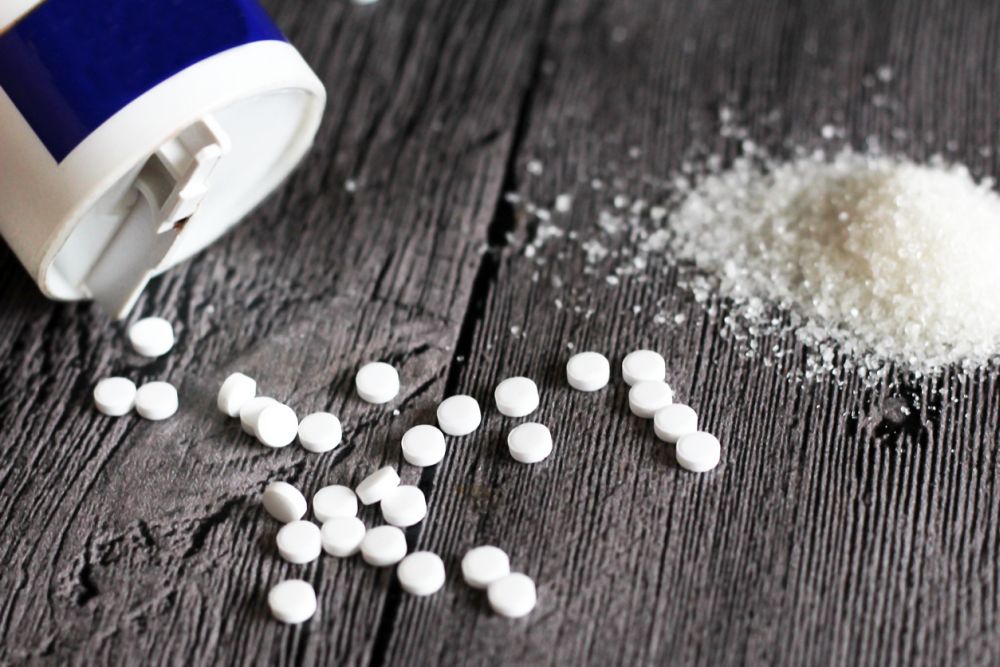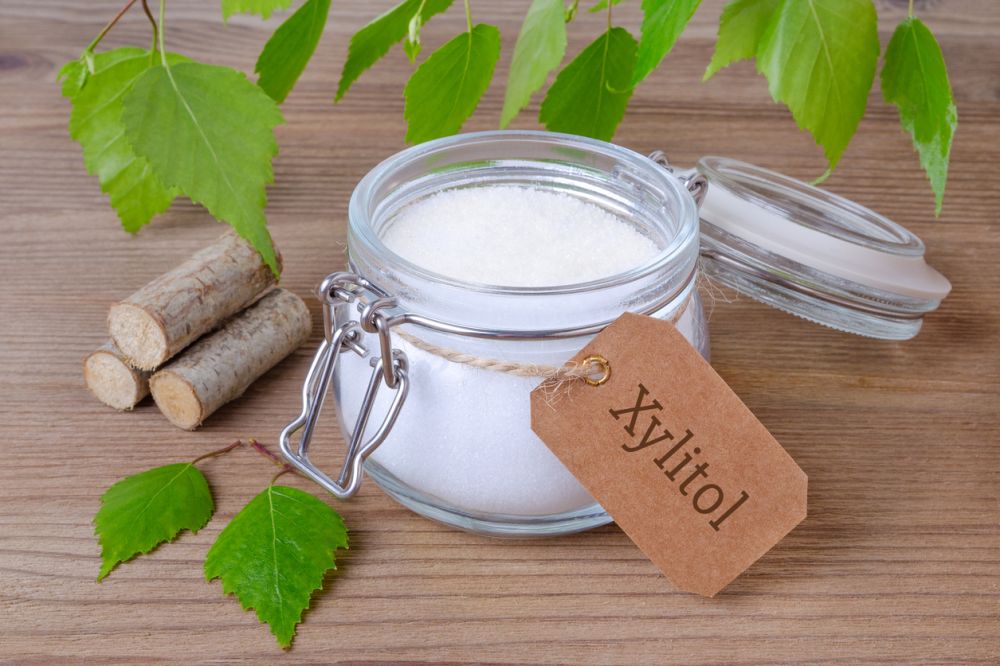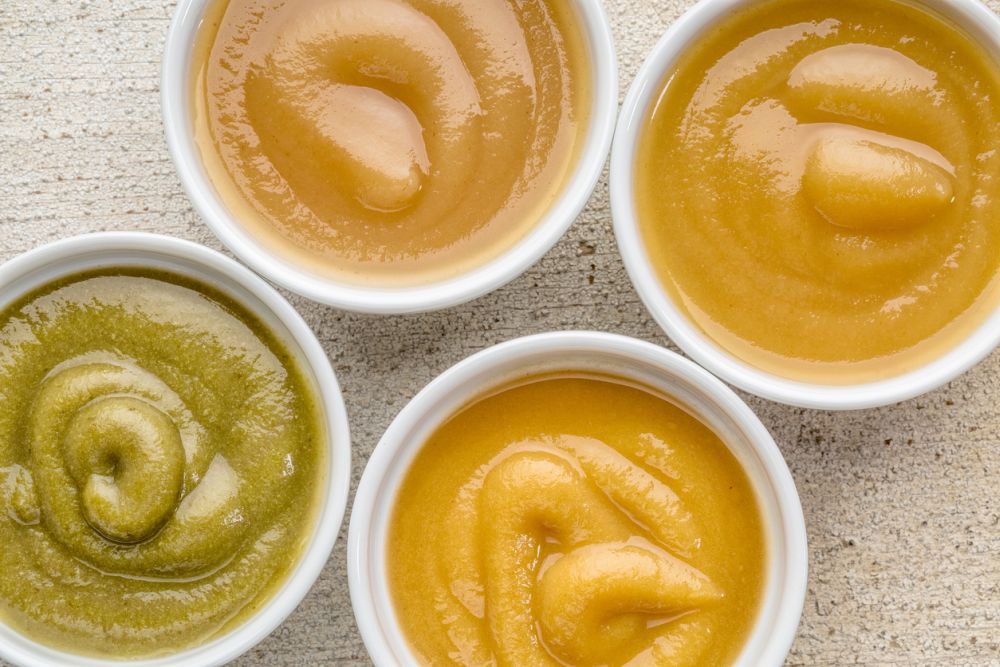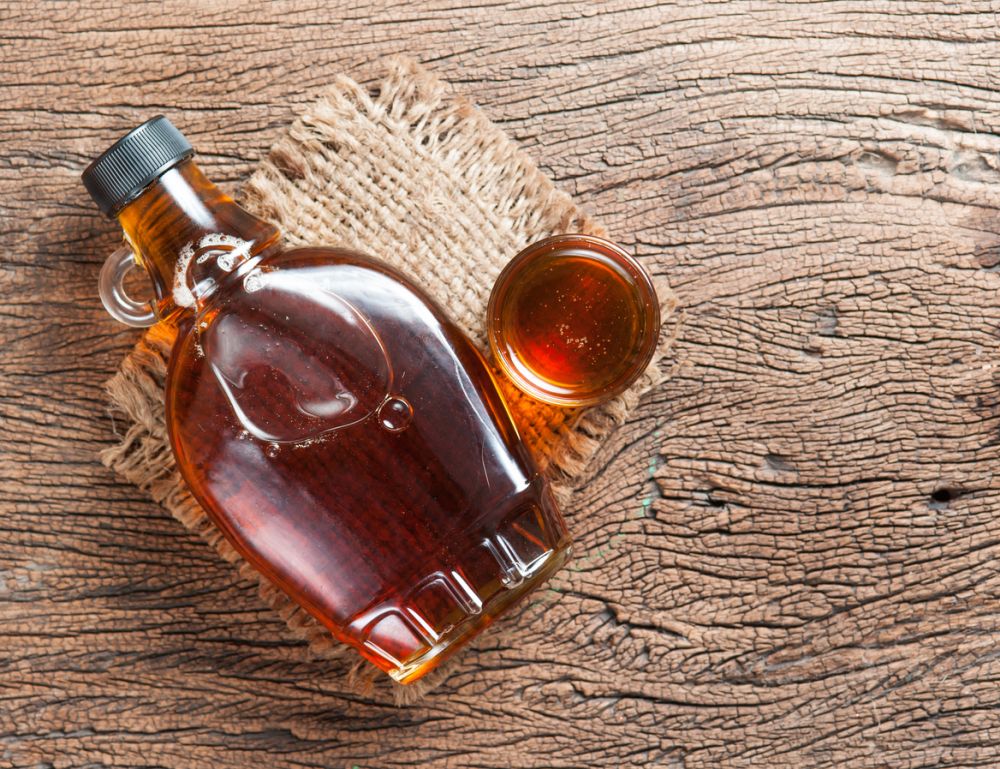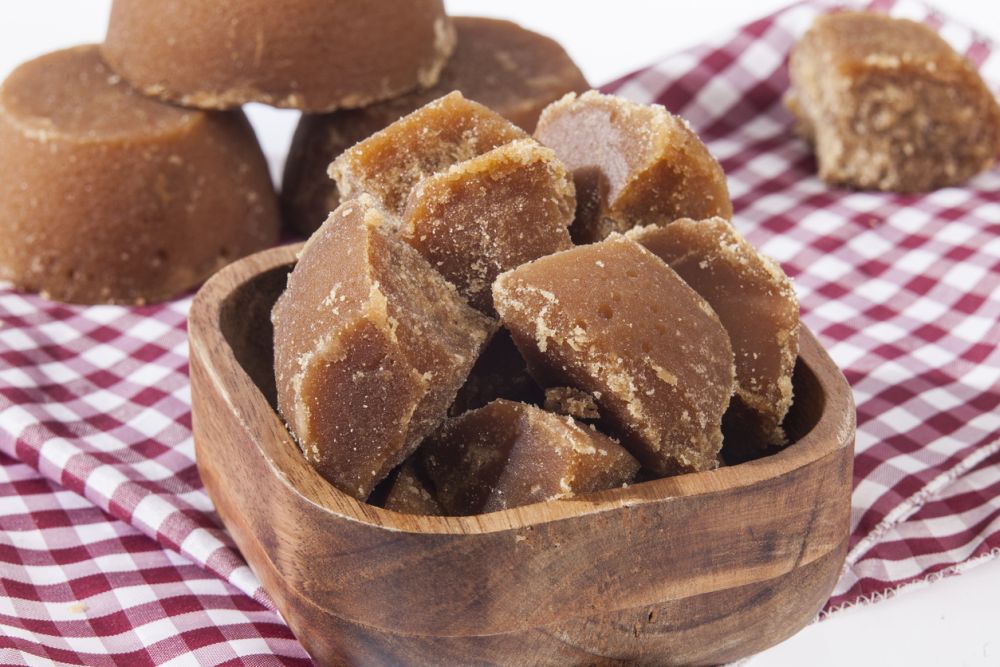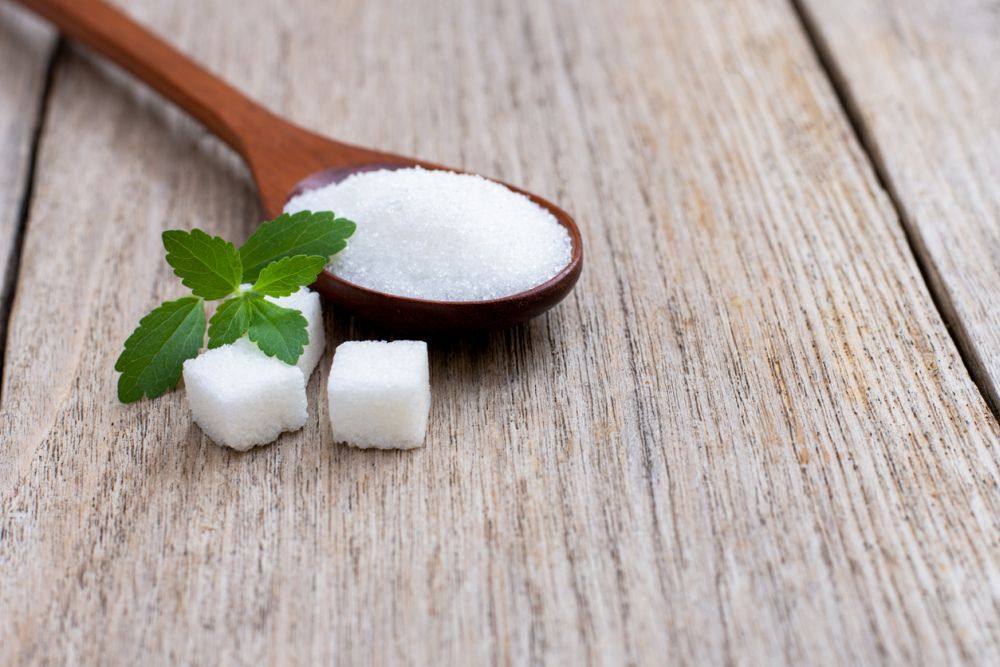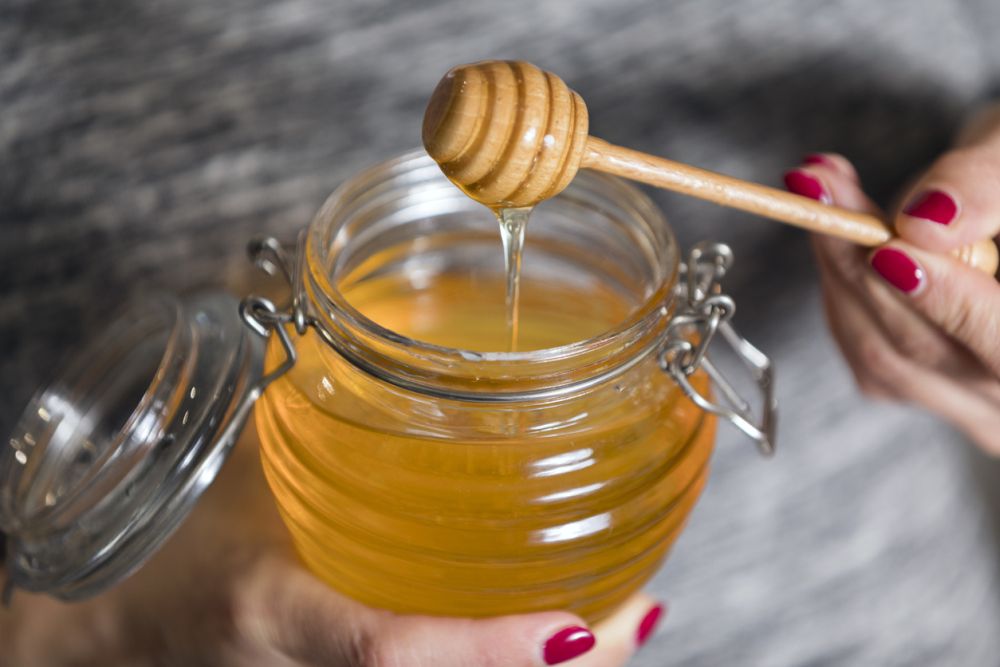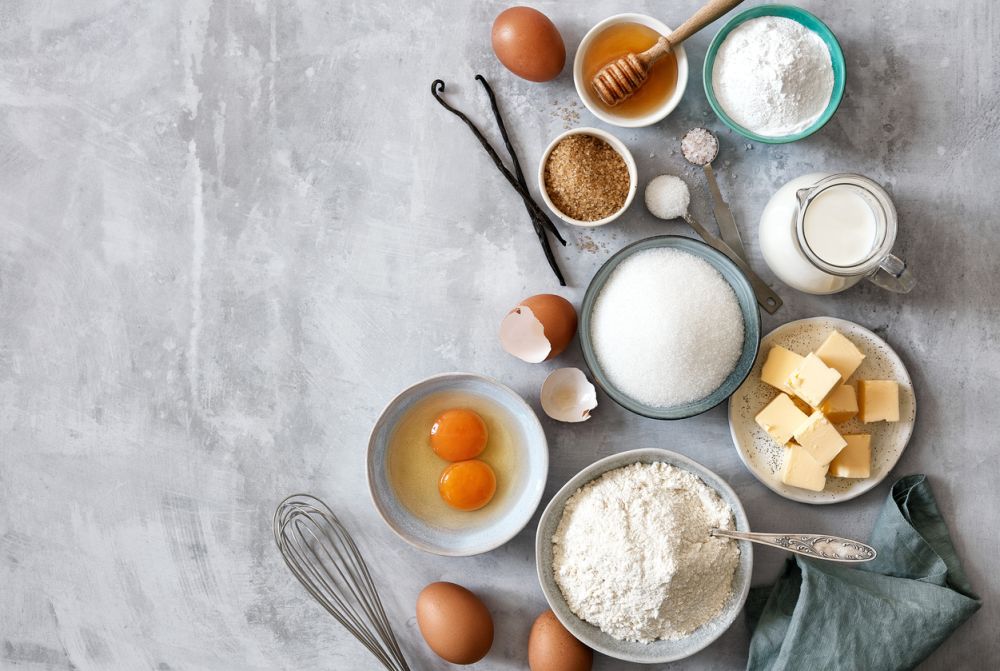The Best Sugar Substitute for Baking: 9 Excellent Alternatives
Sugar is an essential component in baking but comes with downsides when eaten too much. Keep reading to discover the best substitute for sugar in baking.
WHO recommends a maximum of 6 tablespoons of sugar per day. Making a habit of exceeding this amount may lead to weight gain, insulin resistance, high blood pressure, cavities, and cardiovascular diseases.
It doesn’t mean you should give up your sweet treats. Instead, you can reduce or remove the sugar from those treats. In the second case, you need a healthier substitute for sugar in baking.
This article lists some of the best substitutes for sugar in baking, together with a short description and ratio suggestions.
Let’s start by understanding the role of sugar in baking.
The Role of Sugar in Baking
The main role of sugar is to sweeten pastries. But there’s more science to it, particularly with granulated sugar.
Granulated sugar is sugar obtained from sugar cane or beets. It has hygroscopic properties, so it draws and retains moisture. This feature prolongs the life of baked goods made with sugar, preventing them from going stale. The hygroscopic nature of sugar also helps to reduce gluten development, making your pastries moister and more tender.
Another role of sugar in baking is related to the leavening or rising process. Specifically, mixing sugar with butter forces air to stay trapped between the two ingredients. This air lightens your dough and helps leaven your baked goods and expand their sideways.
A final role of sugar in baking is to caramelize, creating a beautiful brown color we love to see in baked goods.
If you decide to substitute sugar for something else, these are the qualities you need to think about.
Not all sugar substitutes for baking are equal; some will sweeten but not caramelize or moisten the pastries. In fact, a sugar substitute can completely ruin your Sunday afternoon treat if you don’t know how to use it properly.
The next section describes the best substitutes for sugar in baking.
The Best Sugar Substitute for Baking: 9 Healthiest Choices
This section describes the best sugar substitutes for baking: honey, stevia, coconut sugar, jaggery, maple and agave syrups, dates, fruit puree and concentrates, erythritol and xylitol, and artificial sweeteners.
Let’s start with honey.
1. Honey
Honey is the undisputed sugar substitute for baking, a natural sweetener that everyone needs when sugar isn’t an option. It can be just as sweet or even sweeter than sugar, depending on the flowers it comes from.
Unlike sugar, honey is packed with numerous health benefits: strengthens your immunity, improves your sleep, and helps with seasonal allergies.
When it comes to downsides, honey may raise your blood sugar, damage your teeth, or cause heart disease.
As far as calories are concerned, honey is slightly healthier than sugar. For example, while 100g of sugar contains 387 calories, 100g of honey has 304 calories.
When replacing sugar with honey, use ¾ cup of honey for every cup of sugar.
Keep in mind that you shouldn’t cook honey at high temperatures because it may become toxic. Instead, add it to your baking recipe toward the end of the cooking process.
In the next section, let’s take a look at stevia.
2. Stevia
Stevia is a fantastic sugar substitute for baking and any other type of cooking. It’s 200 times sweeter than sugar when used in the same amount, so you just need a bit of it when using it as a sugar replacement.
When it comes to health benefits, stevia is great for diabetics because it has zero impact on the blood sugar level. It also lowers blood pressure and stabilizes sugar levels.
Unlike honey, stevia handles high temperatures well, so you can add it to your baking recipe from the start.
While 100g of sugar has 387 calories, stevia has zero calories, so it’s ideal for keto and any other diet.
When replacing sugar with stevia, use 1/4 or 1/8 cup of stevia for every cup of sugar.
In the next section, let’s check out coconut sugar.
3. Coconut Sugar
Coconut sugar is a great sugar substitute for baking, adding a beautiful, aromatic flavor to your pastries. It comes from coconut palm flowers and is similar to brown sugar in texture, taste, and color.
Coconut sugar has a low glycemic index, so it won’t spike your blood sugar. Furthermore, it’s packed with nutrients such as zinc, potassium, calcium, and iron.
The downside is that coconut sugar has only slightly fewer calories than sugar. For example, while 100g of sugar contains 387 calories, 100g of coconut sugar has 375 calories.
When replacing sugar with coconut sugar, apply the 1:1 ratio. So use a cup of coconut sugar for every cup of sugar.
In the next section, let’s look into jaggery.
4. Jaggery
Jaggery is also known as palm sugar or cane sugar. It’s a form of unrefined sugar made from sugar cane or palm, so it has molasses and nutrients like calcium, iron, magnesium, and potassium.
Since the sugar is unrefined, jaggery date sugas fast as table sugar. It will also add a beautiful caramel flavor to your pastries.
The downside is that, as far as calories are concerned, jaggery is pretty much on par with sugar. While 100g of sugar contains 387 calories, 100g of jaggery has 383 calories.
When replacing sugar with jaggery, apply the 1:1 ratio. Since jaggery is pretty moist, it’s also a good idea to reduce the recipe’s water content by 2-3 tablespoons.
In the next section, let’s look into maple and agave syrups.
5. Maple and Agave Syrups
Agave and maple syrups are both excellent sugar substitutes for baking because they are heat-resistant, healthier, and full of flavor.
Maple syrup is derived from boiling the sap of the maple tree, having a liquid form with a honey-like consistency. Agave is different but still has the same sticky liquid consistency and a lot of sugar.
As far as calories are concerned, both syrup types are healthier than sugar. While 100g of sugar contains 387 calories, 100g of agave syrup has 310 calories and 100g of maple syrup has 260 calories.
When replacing sugar with maple or agave syrup, use ¾ cup of maple or agave syrup for every cup of sugar. It’s also a good idea to reduce the amount of liquid in your recipe by 3 tablespoons.
In the next section, let’s check out dates.
6. Dates
Dates are tiny dark brown fruits and some of the best natural sugar sources. These fruits are all-natural, non-refined, and healthier than sugar (calcium, folate, magnesium, selenium, vitamin K).
There’s more than one way to use dates when baking. For example, you can soak dates in water, then drain and then blend them into a sticky and extremely sweet paste. Another way to use dates for baking is by buying date sugar.
As far as calories are concerned, dates are healthier than sugar. While 100g of sugar contains 387 calories, 100g of dates has 281,5 calories.
When replacing sugar with raw dates or date paste, apply the 1:1 ratio. So use a cup of dates for every cup of sugar.
Remember that date sugar doesn’t melt like real sugar or date syrup, so it can get a little clumpy and ruin cakes. So it’s better to make dates syrup at home using a blender.
In the next section, let’s take a look at fruit puree and fruit concentrates.
7. Fruit Puree and Fruit Concentrates
Fruit purees and fruit concentrates are both fantastic sugar substitutes for baking.
Ripe bananas, for example, are quite sugary, making them a great source of sugar in baked goods.
Bananas are also very moist when mashed or blended, so they will add a touch of moisture and flavor to your cakes, muffins, and banana bread.
Since bananas have more moisture and often more sugar than granulated sugar, use half the amount of mashed bananas in your baking recipes.
As far as other fruits are concerned, you can puree any sweet fruit with ablender or food processor, including mangos and apples.
Fruit concentrates are sometimes better than fruit purees because they don’t alter the chemistry of your baked goods. However, they are devoid of any nutrients or fiber, and consuming concentrates is just like adding sugar to your food.
Unlike fruit juices and purees, fruit concentrates have all the water removed, so it’s just the flavor left. Add ¾ of this concentrate to your baked goods for every cup of sugar.
When it comes to calories, it depends on the fruit type. For example, 100g of banana puree has 89 calories and 100g of apple puree has 67,6 calories, which is significantly healthier than 100g of sugar (387 calories).
In the next section, let’s look into erythritol and xylitol.
8. Erythritol and Xylitol
Erythritol and xylitol are calorie-free sweeteners that taste and look exactly like sugar. These two are naturally found in fruits and some fermented foods, and they don’t affect your blood sugar level.
Both erythritol and xylitol have hygroscopic properties, so they don’t dry out your goodies.
The only downside to these sweeteners is that they don’t activate yeast as sugar does, so don’t use them in recipes that call for yeast. Xylitol is also toxic to dogs.
When replacing sugar with erythritol or xylitol, apply the 1:1 ratio. So, for every cup of sugar, use a cup of erythritol or xylitol.
In the next section, let’s check out artificial sweeteners.
9. Artificial Sweeteners
We don’t recommend using artificial sweeteners because they may affect you cake’s structure and texture. They don’t activate yeast, either.
An artificial sweetener is Splenda, which doesn’t handle heat very well, so you should reduce your baking time by 15-20 minutes and keep your pastries in the refrigerator.
The good news is that artificial sweeteners like Splenda and saccharin have almost zero calories and don’t affect your teeth or heart.
On the downside, research shows that using artificial sweeteners regularly can contribute to developing diabetes and glucose intolerance.
We find it best to reduce the amount of sugar by half and then add artificial sweeteners.
In the next section, you can find more details about sugar substitutes for baking.
Sugar Substitute for Baking (FAQ)
This section gives you straightforward answers to common questions about sugar substitutes for baking.
What’s the healthiest alternative to sugar when baking?
The healthiest alternative to sugar when baking is honey. It’s a natural sweetener with amazing health benefits.
What sugar substitute tastes the most like sugar?
Xylitol looks like sugar, tastes like sugar, and responds exactly like sugar in baking.
Can you bake pastries without sugar?
Yes, it’s possible to make sweet pastries without sugar but not recommended since sugar gives texture and activates the yeast. But you can reduce the amount of sugar or replace it with something else.
The next and final section summarizes the entire article on sugar substitutes for baking.
The Best Sugar Substitute for Baking (Summary)
To review, we have mentioned the 9 best sugar substitutes for baking in this article, together with a short description and ratio suggestion.
Some of these alternatives are probably already in your pantry, while others can be found at your local grocery store.
Whichever choice you end up making, be sure to experiment so that you can find the right ratio for your preferences.
What’s your favorite sugar substitute for baking and in what ratio? Let us know in the comments below!
